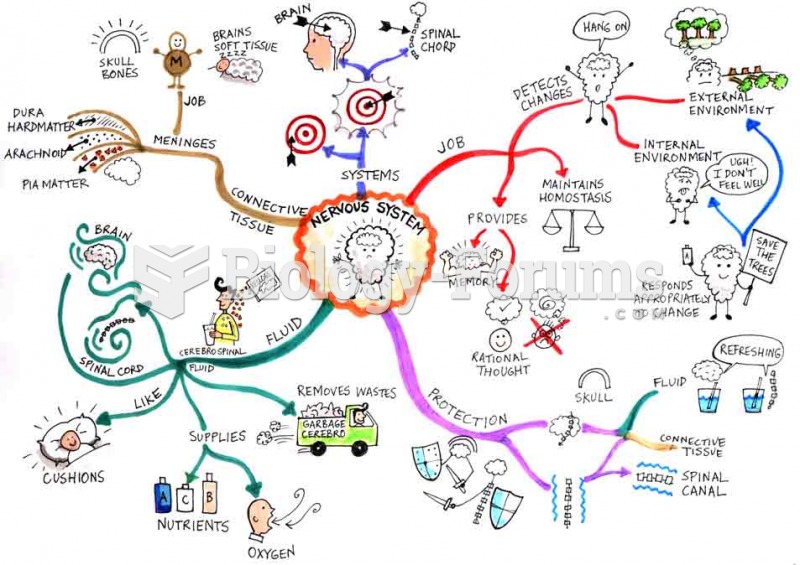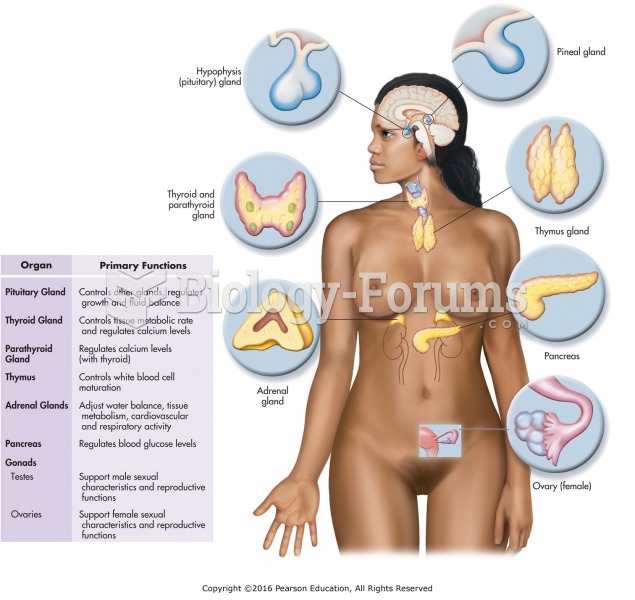Answer to Question 1
Correct Answer: 1,2,3,4
Rationale 1: The FDA will conduct additional epidemiologic studies to determine the validity or extent of the concern.
Rationale 2: The FDA will require the pharmaceutical company to change the product's label to reflect this concern.
Rationale 3: The FDA will recall a product that may have performance concerns.
Rationale 4: The FDA will restrict the product's use in certain populations.
Rationale 5: The FDA will not just continue to log in concerns regarding the safety of the product. At this point, additional studies, additional product labeling, recall, or removal of the product will occur.
Global Rationale: The FDA will conduct additional epidemiologic studies to determine the validity or extent of the concern, require the pharmaceutical company to change the product's label to reflect this concern, recall a product that may have performance issues, and restrict the product's use in certain populations. The FDA will not just continue to log in concerns regarding the safety of the product. At this point, additional studies, additional product labeling, recall, or removal of the product will occur.
Answer to Question 2
Correct Answer: 1,2,3,4
Rationale 1: The safest fluid to take with medications is water.
Rationale 2: Grapefruit juice can increase absorption of certain drugs and should be avoided.
Rationale 3: The pharmacist will indicate on the medication label if the medication should be taken with or without food.
Rationale 4: Herbal supplements and vitamins can cause adverse effects when taken with medication.
Rationale 5: Taking medication with caffeine or a hot drink can affect absorption and the effectiveness of medication.
Global Rationale: The safest fluid to take with medications is water. Grapefruit juice can increase absorption of certain drugs and should be avoided. The pharmacist will indicate on the medication label if the medication should be taken with or without food. Herbal supplements and vitamins can cause adverse effects when taken with medication. Taking medication with caffeine or a hot drink can affect absorption and the effectiveness of medication.






